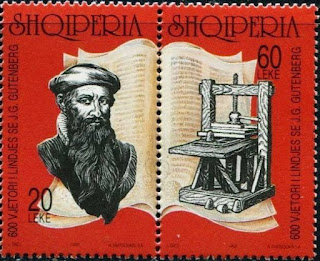The 2025 Maha Kumbh Mela, one of the largest and most sacred religious gatherings in the world, commenced on 13 January 2025, and will culminate on 26 February 2025, coinciding with Maha Shivratri. Held in Prayagraj (formerly Allahabad), Uttar Pradesh, this grand event takes place every 12 years, following a specific astrological alignment—when Jupiter enters Aries and the Sun and Moon align in Capricorn. The festival is deeply rooted in Hindu mythology, signifying the eternal quest for spiritual liberation (moksha) and purification of sins through holy river baths (Shahi Snan).
Throughout the Maha Kumbh Mela, millions of devotees, saints, and ascetics (sadhus), including the revered Naga Sadhus, gather at the confluence of the Ganga, Yamuna, and the mythical Saraswati rivers. Ritual bathing is considered the most sacred act, believed to cleanse one's soul and grant divine blessings. The event also hosts religious discourses, devotional singing, and cultural performances, attracting pilgrims from across India and around the world.
The final and most auspicious bath will take place on 26 February 2025, during Maha Shivratri, a day dedicated to Lord Shiva. On this night, devotees observe fasting, chant prayers, and engage in night-long vigils to honor Shiva, believing that their devotion will lead to spiritual awakening. The festival is also significant for the Akhadas (sects of Hindu ascetics), who lead processions and rituals, reinforcing the deep-seated traditions of the Kumbh Mela.
Given its massive scale, the 2025 Maha Kumbh Mela is expected to be one of the most well-organized in history, with enhanced infrastructure, security, and accommodations to manage the influx of millions of pilgrims. This sacred event not only fosters religious devotion but also serves as a cultural and spiritual unifier, preserving India’s ancient traditions while embracing modern logistical advancements.








































